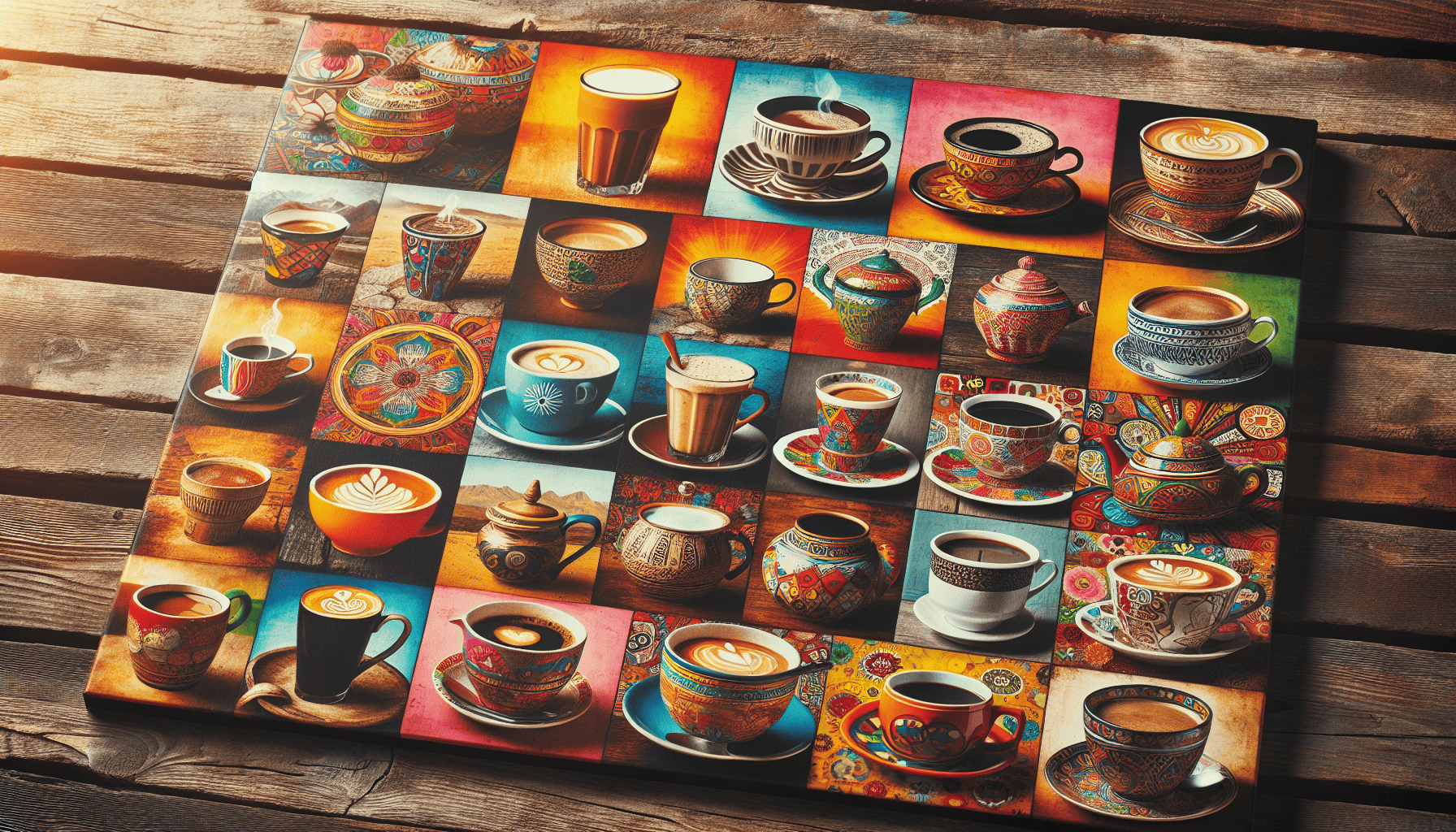Coffee, a universal elixir, is enjoyed in a myriad of ways across different cultures and continents. While its roots lie in the ancient Ethiopian coffee forests, where legend says a goat herder discovered its energizing effects, coffee has since become a global phenomenon, with each region infusing its distinct flavors, rituals, and traditions into this beloved beverage.
North America: The Rise of Specialty Brews
In North America, coffee culture has evolved from the traditional morning cup to a complex canvas of specialty brews. Major urban centers boast a bustling scene of artisanal coffee shops driven by a third-wave coffee movement prioritizing quality, sustainability, and direct trade. Here, the café culture is characterized by baristas who are as much artists as they are scientists, handcrafting every cup to perfection. Cold brews, nitro coffees, and pour-overs dominate the scene, introduced alongside comforting staples like lattes and cappuccinos.
South America: The Coffee Heartland
South America boasts some of the world's leading coffee-producing nations, including Brazil and Colombia. Here, coffee consumption is deeply integrated into everyday life. In Brazil, for example, the ubiquitous "cafezinho," a small, strong, and often sweetened coffee, is offered as a symbol of hospitality. Meanwhile, Colombian coffee culture thrives on its reputation for producing smooth, well-balanced blends, frequently enjoyed without sugar, allowing the beverage's natural flavor to shine.
Europe: A Tradition of Time and Taste
Europe is home to some of the most revered coffee traditions in the world. In Italy, espresso stands at the heart of daily life, where locals sip this intense brew quickly at bars across the city. The Italian "caffè culture" places emphasis on brevity and quality. Across the continent, Vienna's coffeehouses serve as intellectual havens, inviting patrons to linger over a melange or einspänner, paired with rich pastries and lively discourse. Meanwhile, in Nordic countries like Sweden and Finland, the tradition of "fika" emphasizes coffee breaks as cherished moments of relaxation and connection.
Africa: The Rituals of Origin
As the birthplace of coffee, Africa offers a diverse tapestry of coffee rituals that celebrate its origins. In Ethiopia, coffee is not just a beverage; it's a ceremonial experience. The Ethiopian coffee ceremony is an intricate and communal ritual that involves roasting raw coffee beans, brewing them, and serving the fragrant coffee in small, ornate cups, accompanied by conversation and sometimes popcorn or bread. This tradition is deeply rooted in hospitality and community, reflecting the spiritual connection many Ethiopians have with coffee.
Asia: Innovative Infusions
Asia's coffee culture is as varied as the continent itself, often infused with innovative twists. In Vietnam, the iconic "cà phê sữa đá" combines robust dark coffee with sweetened condensed milk, served over ice—this refreshing drink captures the region's penchant for sweet flavors. Japanese coffee culture, meanwhile, highlights precision and refinement, exemplified by Kyoto's handcrafted siphon coffee and Osaka's kissaten (traditional coffeehouses) where kissaten masters hone their craft to deliver meticulously brewed cups. Additionally, the burgeoning café scene in South Korea and China introduces a fusion of Western influences with unique, local twists.
Oceania: A Blend of Cultures
In Oceania, particularly in Australia and New Zealand, coffee culture has transformed into a vibrant social affair. Known for their flat whites and long blacks, these countries have elevated the café experience to an art form. With a strong focus on craftsmanship, ambiance, and community engagement, cafés in Oceania serve as local hubs, bringing people together over a shared appreciation for finely crafted espresso-based drinks.
In this global journey through coffee cultures, it's evident that while coffee is a common denominator across continents, its diverse interpretations and traditions are revered in distinct ways. Each region's unique approach illuminates not only the cultural significance of coffee but also its power to unite people through shared rituals, flavors, and experiences.
